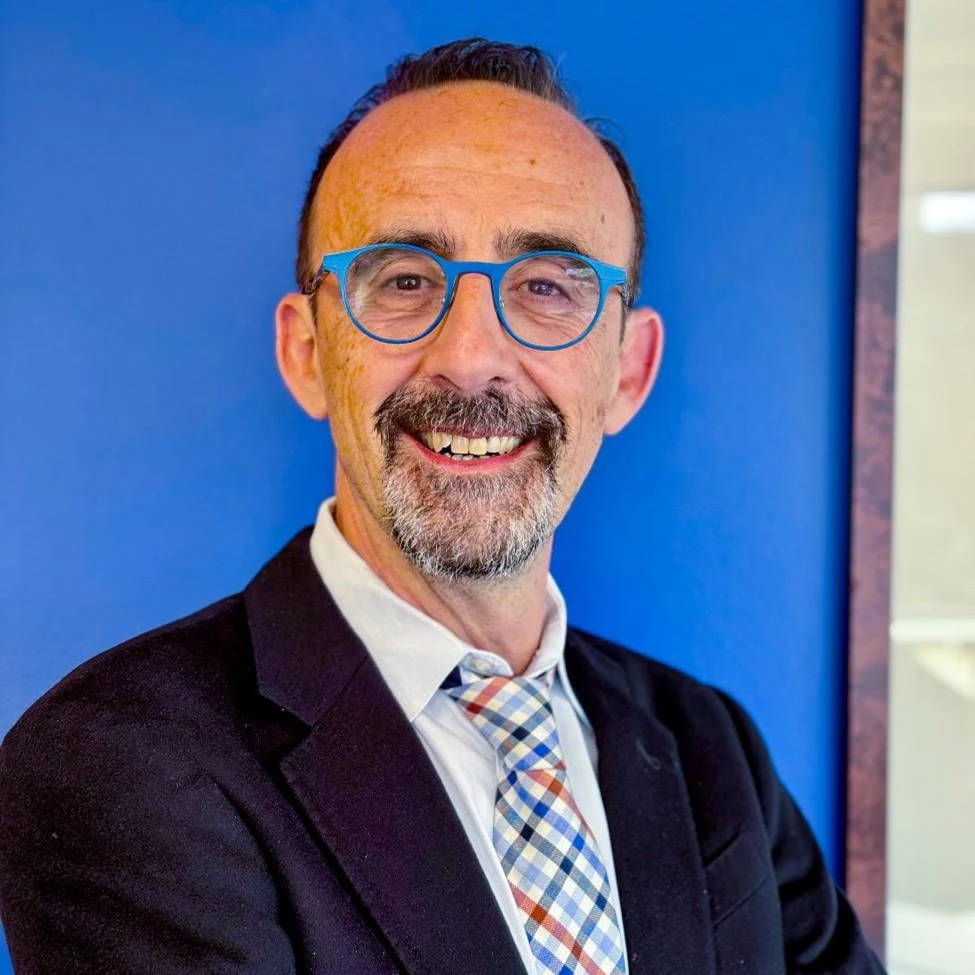 A partnership between the World Bank and the International Finance Facility for Education aims to amplify the impact of education financing. Copyright: Arne Hoel/World Bank
A partnership between the World Bank and the International Finance Facility for Education aims to amplify the impact of education financing. Copyright: Arne Hoel/World Bank
Education is the cornerstone of economic opportunity and human dignity. It’s the surest path to unlocking potential, creating jobs, improving health, and building fair and resilient societies. Yet in many lower-middle-income countries (LMICs), children and young people are still missing out, held back by an enduring education and skills crisis that has deepened in recent years.
Meeting an urgent need
The scale of the need is sobering: six in 10 children in LMICs cannot read or understand simple text by the age of 10. Of the 251 million children and youth currently out of school across the world, the overwhelming majority of these live in LMICs. This learning crisis has long-term consequences—not just for those children with no hope of a better life ahead, but for entire societies which remain trapped in a cycle of deprivation and dependency. There is an urgent need for more adequate, efficient, and equitable spending on education and skills. According to the UNESCO-World Bank’s latest Education Finance Watch report, LMICs only spend $309 per child on education per year, whereas high income countries spend about 28 times that amount.
The devastating impacts of lack of investment won’t be confined to LMICs either. It is in every nation’s self-interest to invest in education and opportunity around the world. A more educated, prosperous global population means more stable markets, more resilient supply chains, and fewer drivers of displacement and conflict. In today’s interconnected world, education is not just a moral imperative—it is a strategic, economic and national security necessity.
World Bank Group President Ajay Banga has said that education is a foundational infrastructure for jobs, which are the surest way out of poverty. Nowhere is this more urgent—or with more potential—than in Africa, where by 2050, nearly one in four people on the planet will live. With the right investment in education and skills, this demographic boom can become a powerful engine of both African and global economic growth and stability. Without it, we risk deepening economic fragmentation, instability and uncontrolled movements of people which will affect us all.
History shows us the prize if we get it right on skills. Countries like Korea and Singapore transformed themselves within a generation by prioritizing education aligned with future workforce needs. Korea, one of the poorest nations after the Korean War, became a high-income country by 1995—home to global business giants and a member of the OECD. Singapore’s rapid rise followed a similar path, propelled by targeted investments in education and skills.
So we know what works. We also know what’s missing—LMICs face an estimated $97 billion annual financing gap for education. This would be a tall order at any time but with traditional aid streams under pressure, we must think differently—smarter—about how to mobilize the resources needed to make LMICs the rising stars of tomorrow.
A smarter way to finance education
The World Bank and the International Finance Facility for Education (IFFEd) are in the process of joining forces to address this formidable challenge. It’s a different approach to development funding—by multiplying the finance, making much greater use of public and private partnerships, and investing precious capital in smarter ways, we can deliver more for less.
Operationalized in September 2024, IFFEd has been recognized by the G20 as a ‘ground-breaking’ innovation in development financing which enables long term investment in education and skills. Designed in partnership with multilateral development banks, including the Asian Development Bank and the World Bank, IFFEd supports global education and skills development in LMICs by offering an innovative, cost-effective solution to the funding gap on education.
IFFEd's impact lies in its structure, through which IFFEd can turn every dollar contributed by donors into multiples in project financing. Designed for sustainability and scalability, IFFEd is a single platform that can bring together sovereign, philanthropic, and private capital. With zero administration fees, every dollar committed is invested in education and skills initiatives to help millions learn and then earn.
Its credibility is already established: IFFEd holds a Aaa rating from Moody’s and AA+ from S&P. It’s currently financing education projects in Asia and, through this partnership with the World Bank, can now expand its focus to Africa—a region in critical need of investment to harness its demographic dividend.
A shared mission, a smarter model, powering global prosperity
The World Bank Group brings in depth country knowledge, policy expertise, and vast operational experience and scale to this partnership, and together we can deliver real change: improving learning outcomes and supporting the skills needed for future-ready workforces.
This isn’t just a financial partnership. We are trying a fresh approach focusing on education projects that enable strong private sector engagement and lead to job creation, because this is a smarter way of delivering financing that will be sustainable long term, enable people to escape poverty, build self-sufficient economies, reduce humanitarian needs, and enhance global stability. Our goal is to make the right investments to create and support jobs and put LMICs on a path to prosperity. This is smart aid in action.
Now is the time to act. As the world faces the intersecting challenges of conflict, climate change, and economic uncertainty, we must raise our game. Together, the World Bank and IFFEd are showing how through innovative financing, bold partnerships and effective private sector engagement we can finally close the education funding gap.
To receive weekly articles, sign-up here



Join the Conversation